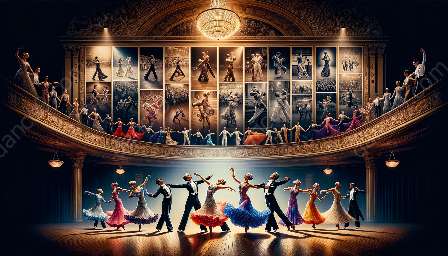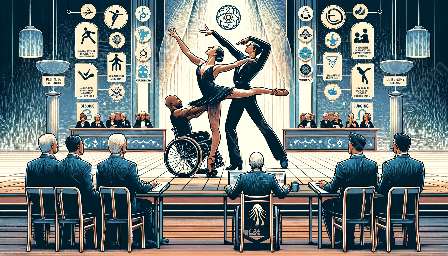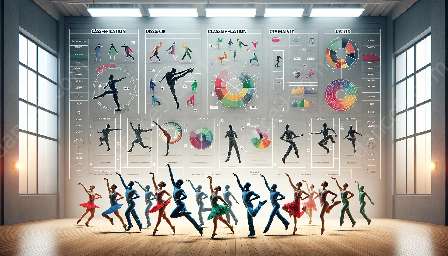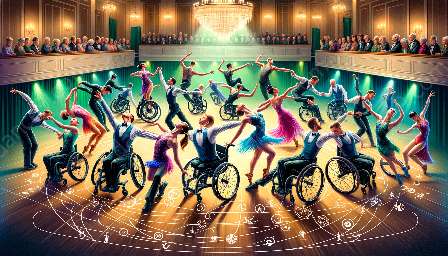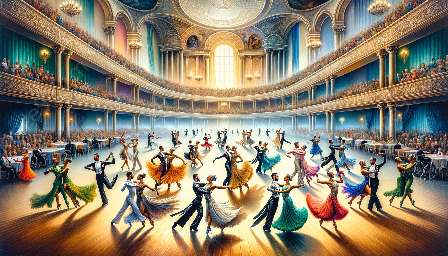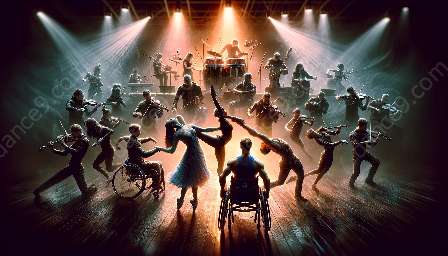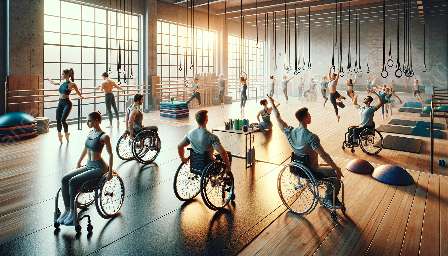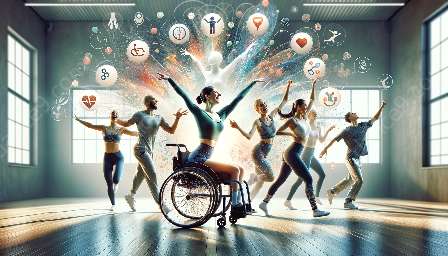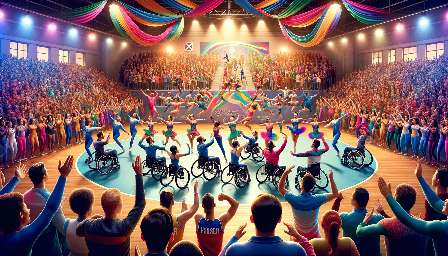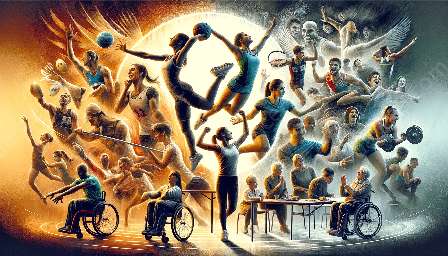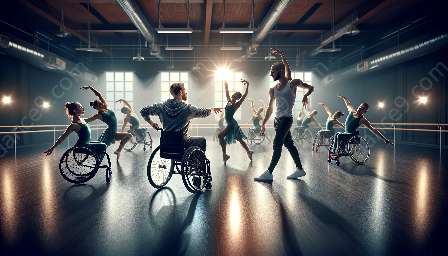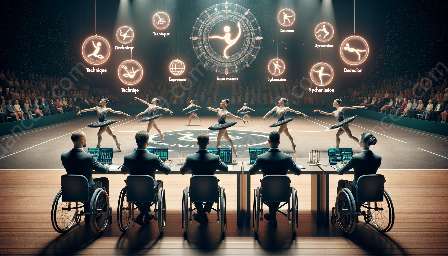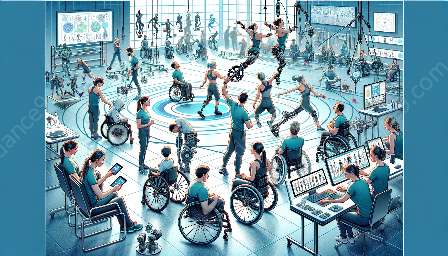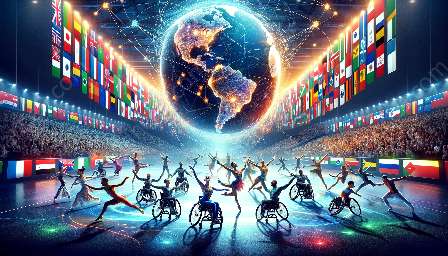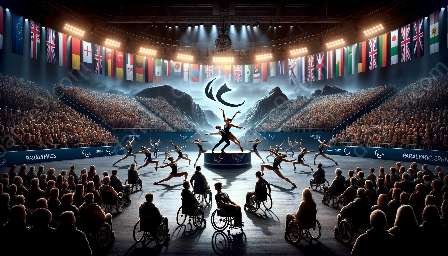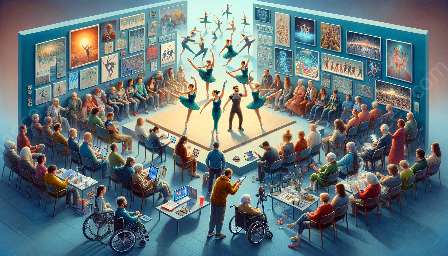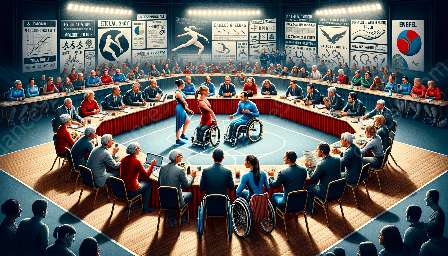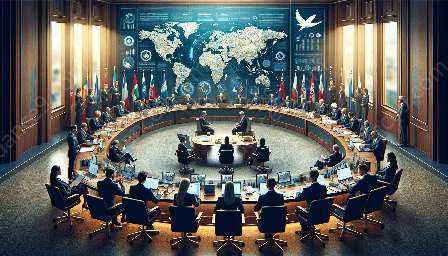Dance is a universal form of expression that transcends physical abilities. For athletes participating in Para Dance Sport, training and conditioning are paramount to enhance their performance and competitive edge. In this comprehensive guide, we will delve into the fundamental principles of training and conditioning specifically tailored for Para Dance Sport, and how it contributes to success in the world Para Dance Sport Championships.
Fundamentals of Para Dance Sport Training
Training for Para Dance Sport involves a combination of physical, mental, and technical aspects. The objective is to optimize the athlete's physical attributes, ensure technical proficiency, and cultivate a strong mental attitude.
Physical Conditioning
Physical conditioning in Para Dance Sport focuses on improving strength, flexibility, and endurance. The training regimen includes targeted exercises to build core strength and enhance balance and coordination. This effectively prepares athletes for the physically demanding routines in competitive dance sport.
Mental Preparation
Mental preparation is equally crucial for Para Dance Sport athletes. Visualization techniques, focus drills, and mindfulness practices are incorporated to develop mental resilience and concentration during performances. A positive mindset and mental fortitude are vital for maintaining composure and confidence during the high-pressure environment of championships.
Technical Training
Technical training encompasses the refinement of dance techniques, footwork, and choreography. Coaches work closely with athletes to perfect routines, ensuring seamless transitions and expressive interpretations of music. Precision and artistry are key components that distinguish top performers in Para Dance Sport.
Adaptations for Athletes with Disabilities
Para athletes often face unique challenges due to their disabilities. The training and conditioning programs for Para Dance Sport are tailored to accommodate these challenges while maximizing the athlete's potential. Coaches and trainers employ specialized techniques and equipment to facilitate effective training and skill development, ensuring inclusivity and equality in the sport.
Customized Training Plans
Each athlete's training plan is customized based on their specific disability and physical capabilities. Individualized programs address mobility limitations, proprioception challenges, and other factors that impact the athlete's performance. Adaptive equipment and assistive devices are utilized to support the training process, aligning with the principles of fair competition and equal opportunities.
Role of Nutrition and Recovery
Optimal nutrition and recovery are integral components of training and conditioning for Para Dance Sport. A balanced diet rich in essential nutrients and hydration is essential for sustaining energy levels and supporting muscle recovery. Additionally, adequate rest and recovery periods are incorporated into the training schedule to prevent overtraining and minimize the risk of injuries.
Preparation for World Para Dance Sport Championships
As athletes progress in their training and conditioning, the ultimate goal is often to compete in the world Para Dance Sport Championships. The preparation process intensifies as athletes focus on fine-tuning their skills, enhancing their physical conditioning, and refining their competitive mindset. Coaches and support staff play a pivotal role in guiding athletes through the rigorous preparations leading up to the prestigious championship event.
Competition-Specific Training
Leading up to the world championships, athletes undergo competition-specific training to familiarize themselves with the performance environment, adapt to potential stressors, and rehearse routines under simulated competitive conditions. This targeted approach ensures that athletes are well-prepared to deliver their best performances on the global stage.
Psychological Support
The mental and emotional well-being of athletes is a priority during the buildup to the world championships. Sports psychologists and mental performance coaches provide valuable support in managing pressure, building confidence, and fostering a resilient mindset. Athletes are equipped with coping strategies and mental tools to thrive amidst the exhilarating yet demanding atmosphere of the world championships.
Conclusion
Training and conditioning for Para Dance Sport goes beyond physical fitness; it encompasses holistic development and empowerment of athletes. The basic principles of training and conditioning are essential for nurturing talent, honing skills, and elevating performance standards in the world Para Dance Sport Championships. By embracing inclusivity, adaptability, and excellence, the Para Dance Sport community continues to exemplify the transformative power of sport for athletes with diverse abilities.

